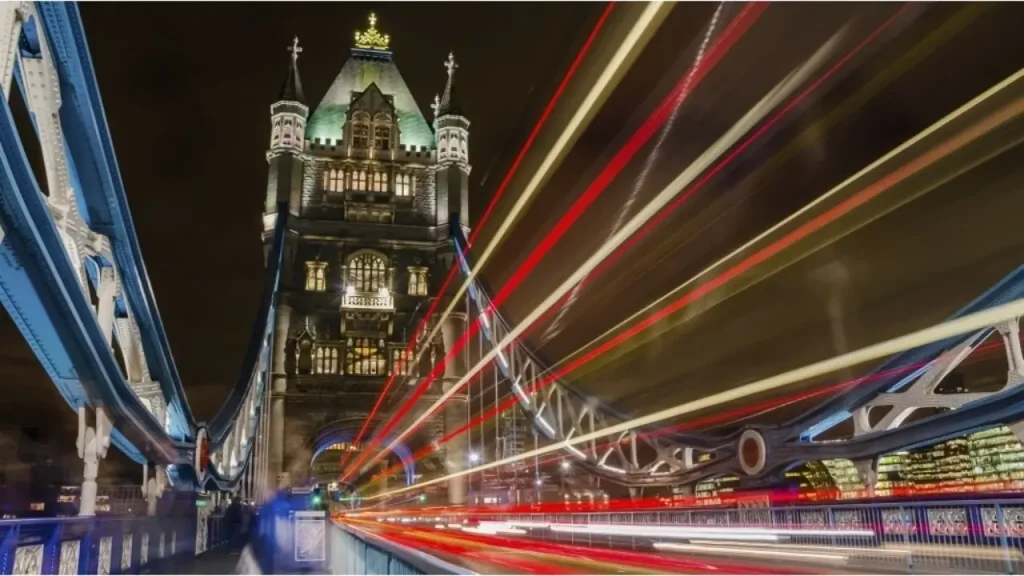- London ranks lowest for average download speed at just 24.4 Mbps, highlighting severe urban infrastructure strain.
- Only 35% of UK households have signed up for full-fibre broadband, with rural uptake surprisingly higher than in cities.
What happened: UK’s capital crowned the worst for Internet speed and stability
Despite being a global financial hub, London has the UK’s slowest average download speed, exposing deeper infrastructure issues across British cities. A new study shows rural areas are pulling ahead in full-fibre adoption.
A recent study by Elevate has revealed that London—one of the most connected cities in the world in terms of financial markets and population density—is the UK’s worst-performing city for Internet connectivity. With an average download speed of just 24.4 Mbps and a fixed-line broadband speed of 57 Mbps, the capital lags far behind expectations for a modern metropolis.
The study analysed fixed-line and mobile Internet speeds across UK cities, as well as the volume of Google searches related to connection problems. From this, Elevate compiled a “connection issue index”, with London scoring a full 100—the highest possible—indicating the most persistent issues.
Following London, Aberdeen, Sheffield, Milton Keynes, and Norwich also made the top five cities facing the worst connectivity issues. Notably, Norwich recorded the slowest fixed-line broadband speed at 38 Mbps. Meanwhile, Bathstood out for its high concern among residents, recording 6.5K monthly Google searches per 10,000 people about Internet issues—the highest in the UK.
Despite significant investment in broadband rollout, only 35% of UK households have taken up full-fibre connections, according to Elevate. Interestingly, rural areas show better adoption, with 52% uptake compared to just 32% in urban areas.
Also read: Britain’s first internet connection: A polite journey into the digital age
Also read: Three UK chooses Ericsson to replace Nokia in core network
Why it’s important
The findings shed light on a paradox: urban centres, where demand for high-speed Internet is highest, are falling behind in actual performance and adoption. London’s poor connectivity demonstrates how aging infrastructure struggles to meet current digital demands, especially under the pressure of dense populations and limited upgrade options.
This disparity suggests a critical need for infrastructure renewal, particularly in cities where digital access is central to work, education, and economic productivity. Rural Britain, often portrayed as digitally underserved, is quietly leaping ahead in fibre adoption—potentially shifting the digital balance in the coming years.
The implications extend beyond inconvenience; poor Internet hampers business growth, remote work, and digital inclusion, particularly in post-pandemic Britain where connectivity is no longer optional.

